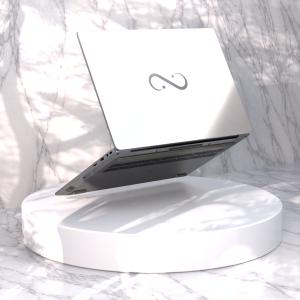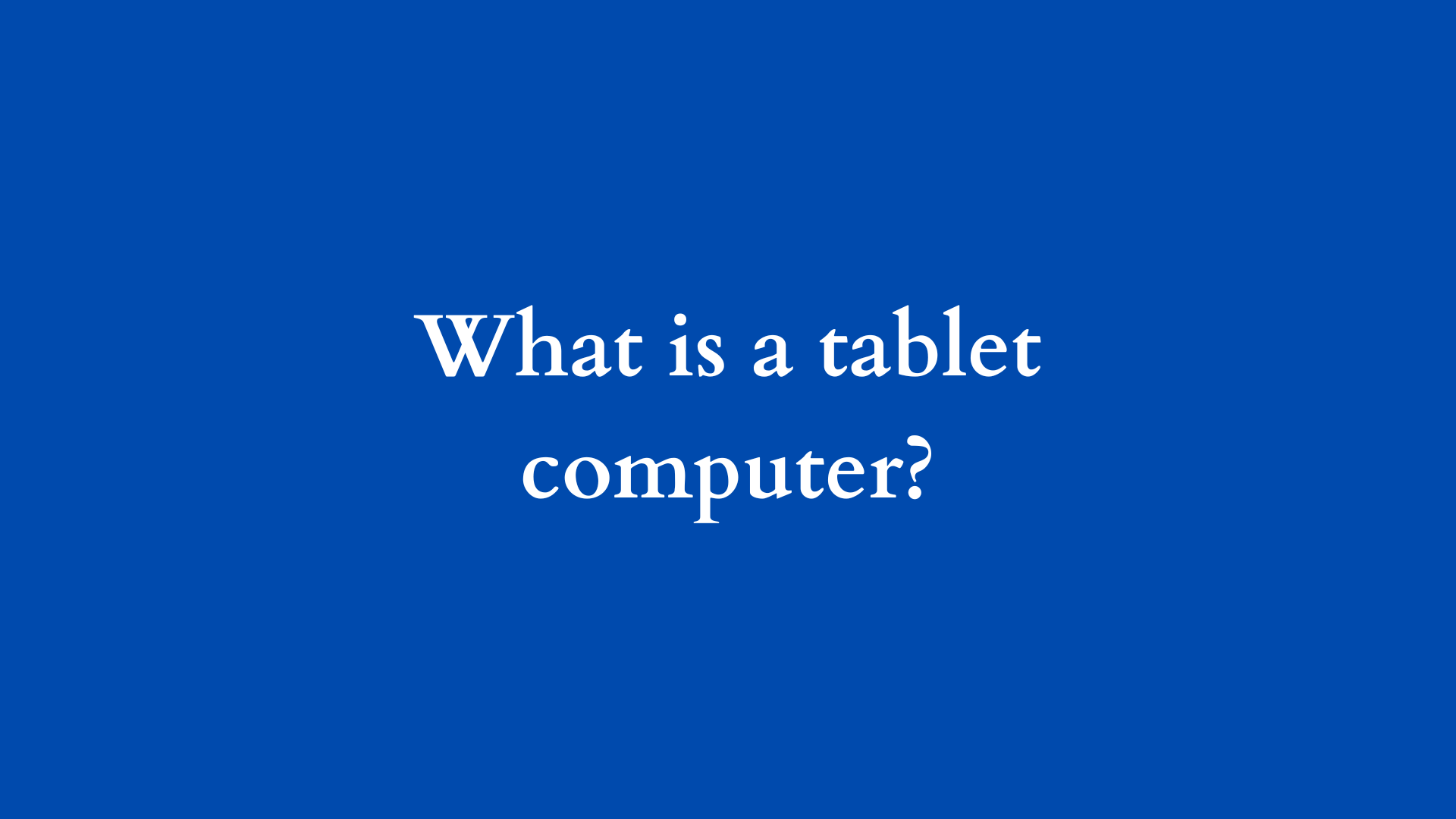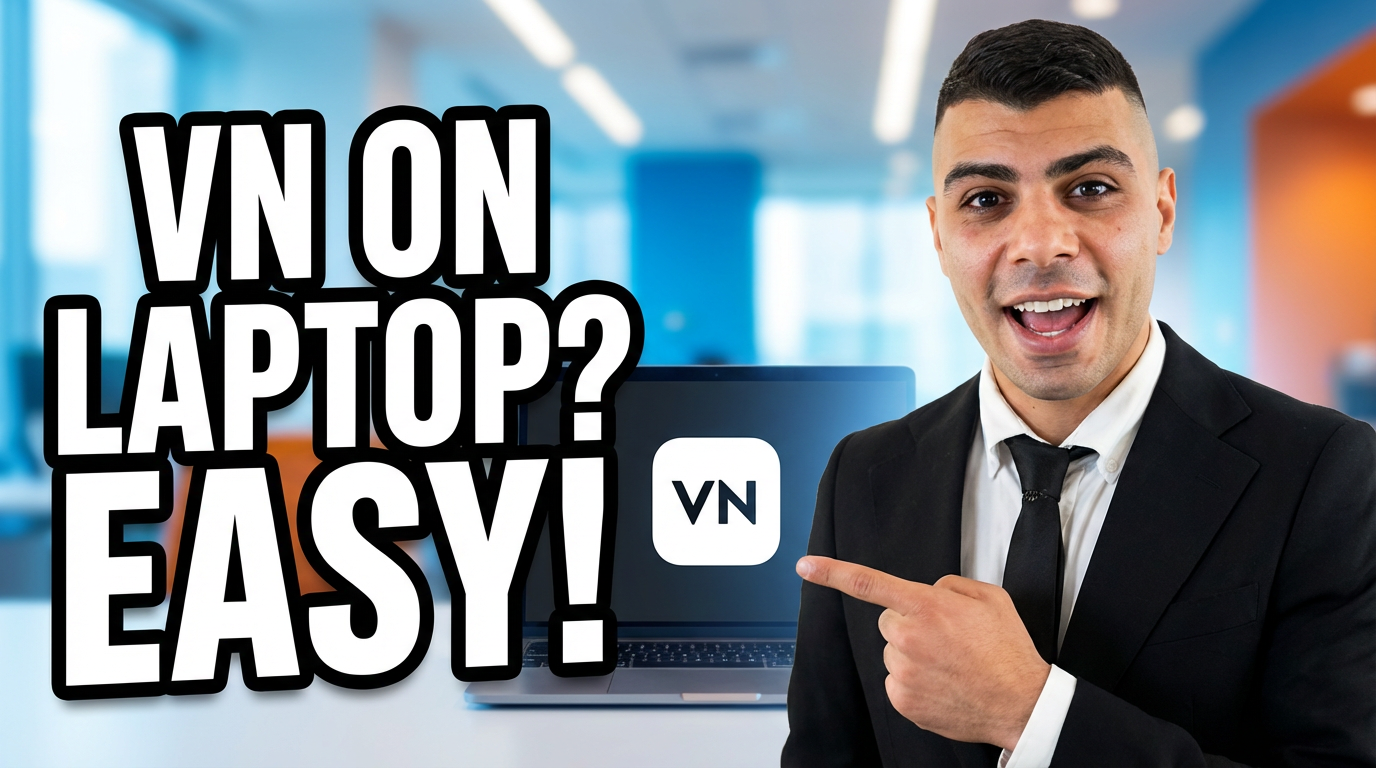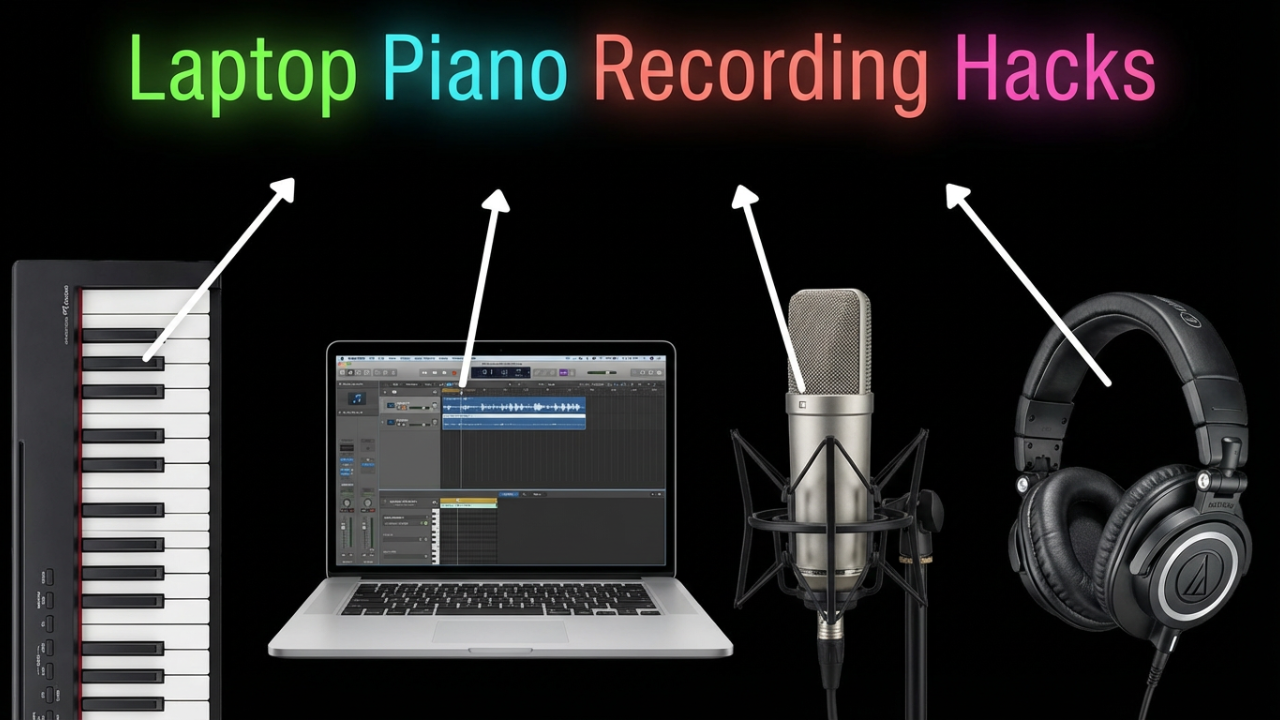Understanding Tablet Computers: A Comprehensive Guide
In the digital age, technology continues to evolve at an unprecedented pace, reshaping the way we interact with information, communicate, and entertain ourselves. Among the various devices that have emerged over the years, tablet computers stand out as versatile and user-friendly gadgets that bridge the gap between traditional laptops and smartphones. In this blog post, we will delve into the intricacies of tablet computers, exploring their features, functionality, advantages, and the diverse range of uses that make them a crucial part of modern technology.

Definition of a Tablet Computer
At its core, a tablet computer is a portable computing device characterized by a touchscreen interface and a slim, lightweight design. Tablets typically operate on mobile operating systems, such as Apple’s iOS or Google’s Android, which differentiate them from traditional laptops that run full desktop operating systems like Windows or macOS. Tablets are designed to be touch-based, allowing users to interact with applications, browse the internet, and consume media through tapping, swiping, and gestures.
Key Features of Tablet Computers
1. Touchscreen Display
The most defining feature of a tablet computer is its touchscreen display, which varies in size, ranging from about 7 inches to over 15 inches. The touchscreen allows for intuitive navigation and interaction, making it user-friendly for individuals of all ages. Many tablets now come equipped with high-resolution displays (e.g., Full HD or 4K), providing vibrant colors and sharp image quality, enhancing the experience for users engaged in photography, gaming, or streaming video content.
2. Portability and Design
Tablets are typically designed to be lightweight and portable. Their slim profiles make them easy to carry, whether commuting to work, traveling, or simply moving around the house. This portability, combined with their battery life—which often exceeds that of traditional laptops—makes tablets ideal for on-the-go productivity and entertainment.
3. Operating Systems
Tablet computers generally operate on one of three main platforms: Apple’s iOS, Google’s Android, or Microsoft Windows. Each operating system provides a unique user experience and ecosystem of applications:
- iOS (iPadOS): Exclusive to Apple’s iPad, it is known for its smooth performance and rich app ecosystem, particularly for creative professionals.
- Android: Found in a variety of tablets from manufacturers such as Samsung, Lenovo, and Huawei, Android offers extensive customization options and access to a vast library of applications.
- Windows: Some tablets run full versions of Windows, combining the functionality of traditional desktop applications with touchscreen capabilities, making them suitable for business use.
4. Connectivity Options
Modern tablets come equipped with several connectivity options including Wi-Fi, Bluetooth, and, in some cases, cellular capabilities (4G or 5G). This enables users to stay connected to the internet, transfer files, and link with other devices seamlessly.
5. Accessory Compatibility
Tablets often support various accessories, such as keyboards, stylus pens, and protective cases. These enhance functionality, allowing users to turn their tablets into productivity tools suitable for tasks such as word processing, graphic design, or note-taking.
Advantages of Tablet Computers
1. Versatility
Tablet computers stand out for their versatility. They can serve multiple roles—from e-readers to gaming devices to portable workstations. Users can seamlessly switch from reading a book on an e-reader app to attending a video conference or editing a document.
2. User-Friendly Interface
The touch interface of a tablet is often more intuitive than that of traditional computers, significantly lowering the barrier for those unfamiliar with technology. This makes tablets accessible for children as well as seniors, providing a multi-generational tool for multimedia consumption and communication.
3. Long Battery Life
While the battery life of tablets can vary by model, many tablets boast remarkable longevity, often lasting between 8 to 12 hours on a single charge. This extended battery life is particularly beneficial for students, professionals, and travelers who may not have immediate access to power outlets.
4. Ideal for Consumption
Tablets excel in media consumption. Their portable design and high-resolution displays make them ideal for watching movies, browsing photos, reading e-books, and playing games. The ability to take them anywhere enhances the convenience of accessing content on the go.
Diverse Applications of Tablet Computers
1. Education
Tablets have transformed the educational landscape, serving as powerful tools for both teachers and students. Interactive learning apps, digital textbooks, and e-learning platforms capitalize on the tablet’s portability and user-friendly design. Moreover, tablets can foster collaboration in group projects and allow for easy access to research materials.
2. Business and Productivity
In a corporate environment, tablets can be utilized for presentations, note-taking, and project management. With productivity apps such as Microsoft Office and Google Workspace available for download, professionals can work efficiently and effectively, whether in the office or remote workers.
3. Creative Expression
For artists, designers, and writers, tablets offer unique capabilities and applications tailored to creative work. Digital art apps like Procreate and graphic design tools make it possible to draw, paint, and create directly on the screen. Furthermore, writers can take advantage of note-taking apps for jotting down ideas and drafting content on the fly.
4. Health and Fitness
The healthcare sector has embraced tablet technology for patient management, telehealth services, and medical training. Healthcare professionals can review patient records, consult with specialists remotely, and educate patients using visual aids on tablet screens.
Conclusion
Tablet computers have undeniably carved out a significant niche in the technology landscape. Their combination of portability, versatility, and ease of use caters to a diverse array of users, making them an essential device for both personal and business use. As technology continues to advance, the possibilities for tablet computers will only expand, making them a crucial tool for a future that increasingly relies on digital connectivity and information sharing.
In summary, whether you’re a student, a business professional, an artist, or simply someone looking for a device to enhance your entertainment experience, tablets offer a unique blend of functionality that caters to a multitude of needs. As we move further into the future, it will be fascinating to see how tablet computers evolve and adapt to meet the ever-changing demands of consumers and industries alike.
Shop Now






